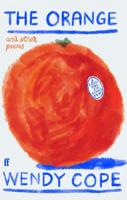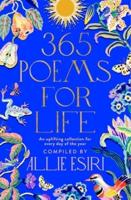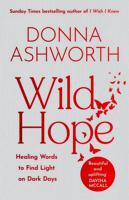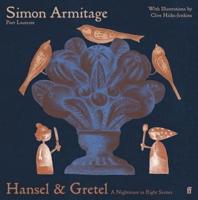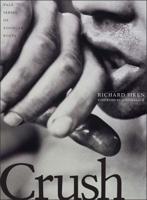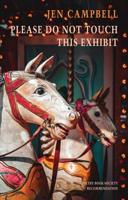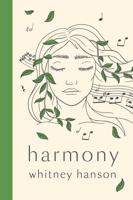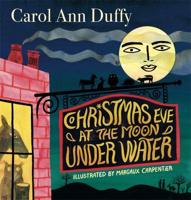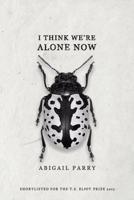Publisher's Synopsis
Throughout The Devil Cruises Pacific Coast Highway, an interesting and engaging distance emerges, because the poet insists on not surrendering to strictly personal gestures, instead finding a way to include us all in the drama of these poems. Katherine Williams is equally comfortable and proficient in strict metrical forms-her English Sonnets are among the best of these poems-as well as in a jazzily modulated free verse that moves down the page like a chant, and experimental poems that challenge the poet and the reader to put form and content together most intimately, the way they're supposed to be. Woven into the tapestry of these poems is a bright thread of irony, illustrating the way the poet never takes herself too seriously, and humor that comes in the form of a hard lesson. Throughout this collection is such a richness of diction, it's as if the poet is in love with and celebrates the many offices of language in every poem. Surprising figures of speech come and go with the practiced ease of a master.
-Bruce Weigl, Song of Napalm
The Devil in this book cruises the Pacific Coast Highway, but travels far from it in person and in dreams. Is the poet the Devil? Well, Katherine Williams suggests it's possible: "we surfed in our dreams until topsy-turvy/we wiped out into adulthood." Her poems speak of sand, sky, mountains, stars, poppies, and waves. But more than anything they are about wildness and exotic searches for freedom and joy. This is an entrancing, beautiful book. Read it, and savor these memorable lines: "I was a girl. I am not a girl. I do not know what I am./I walk into the river. The song, the book, the light."
-Susan Terris, Familiar Tense
The beauty of this book is that no-one but Katherine Williams could have written it. Its overarching image is powerful: in surfing as in poetry, playing it safe's no good. This poet tries out all sorts of things-from street-talk to science to lyricism, from wild verse to free verse to forms. None of that would matter if she weren't so good at words. One of my favorite line closes "San Quintín Harbor: " "The quiet stones glow like mangos in the sun." "Three Questions" is one of the most alive poems on death I've ever seen.
-Lola Haskins, Desire Lines

